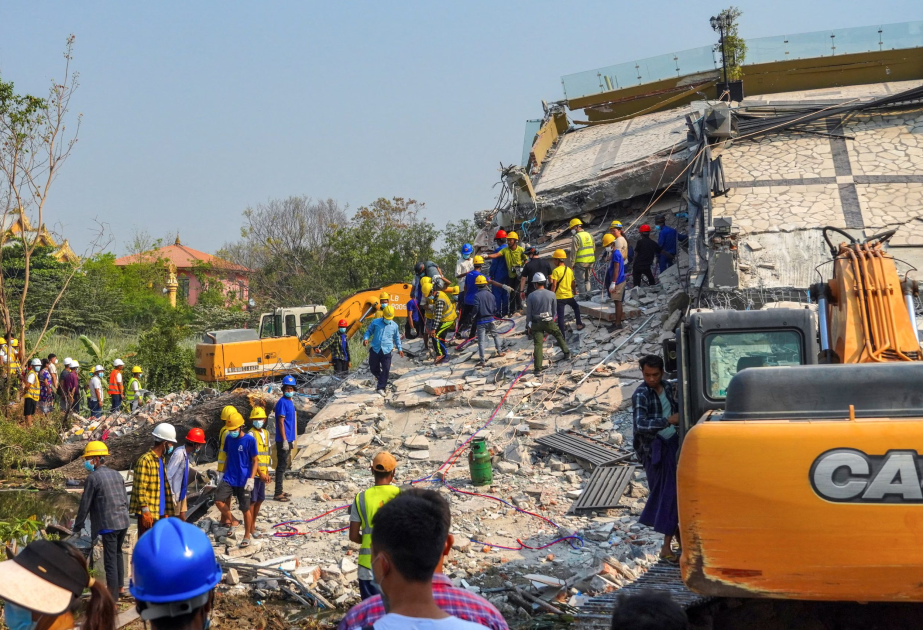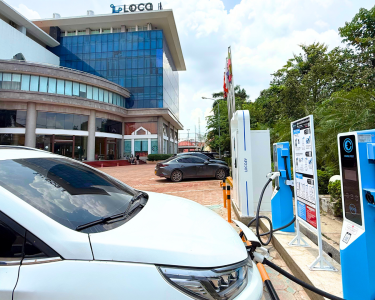Myanmar Investment Review
The Asian Development Bank (ADB) has approved a $100 million grant to provide humanitarian relief and support long-term community resilience in Myanmar, marking its largest aid package to the country to date. The announcement comes less than three months after a powerful 7.7-magnitude earthquake struck Myanmar on March 28, further exacerbating an already dire humanitarian situation.
The funding, sourced from the Asian Development Fund (ADF), follows a $3 million emergency relief grant issued immediately after the disaster. According to the ADB, the new package aims to address urgent needs—including food, water, shelter, and medical assistance—while also laying the foundation for recovery and sustainable development across affected communities.
“This $100 million aid package will deliver food, water, shelter, and medical care to families in desperate need, while also supporting long-term livelihoods, jobs, and community resilience,” said ADB President Masato Kanda.
Humanitarian Crisis Deepens
Even before the earthquake, the United Nations’ 2025 Humanitarian Needs and Response Plan estimated that 4.3 million people in Myanmar were in need of immediate assistance. The earthquake has driven that number up to 6.3 million, highlighting the scale of the crisis.
Read More: Karzo Urges Business-Led Solutions as Myanmar’s Earthquake Exposes Deep Logistics Gaps
ADB’s response will include emergency shelter, water and sanitation facilities, food rations, trauma counseling, and critical health supplies—particularly targeting the needs of women. The package also supports the restoration of education infrastructure through the repair of temporary learning spaces, provision of teaching materials, and training of educators.
Cash and in-kind transfers will be deployed to alleviate financial pressures on families, while efforts will also be made to bolster rural livelihoods through investment in farm roads, irrigation, and water systems. The aid will integrate training for households on climate adaptation and disaster risk management, aiming to strengthen resilience against future shocks.
Delivery Through UN Agencies
ADB will implement the aid program through partnerships with major UN agencies, including the United Nations Development Programme (UNDP), the United Nations Children’s Fund (UNICEF), and the World Food Programme (WFP). The development bank is drawing on its existing expertise in agriculture, education, nutrition, and social protection—along with an established local presence in Myanmar—to ensure rapid and effective deployment.
The approach is guided by a “build-back-better” framework, with a focus on both immediate recovery and long-term development. Community participation will be central to rebuilding efforts, ensuring that local needs and priorities are reflected in the design and implementation of the projects.
Strategic Commitment Amid Challenges
The announcement underscores ADB’s ongoing commitment to vulnerable populations in Asia and the Pacific, despite growing geopolitical and operational complexities in Myanmar. The bank emphasized that its response is aligned with its broader mission to promote inclusive, resilient, and sustainable development across the region.
Founded in 1966, ADB comprises 69 member countries, including 50 from the Asia-Pacific region. The institution has increasingly positioned itself as a key player in delivering crisis response and long-term development financing, combining traditional development tools with innovative partnerships and financial mechanisms.
As Myanmar continues to navigate a complex humanitarian and political landscape, the aid package signals continued international engagement, at least through multilateral development institutions and humanitarian channels.





